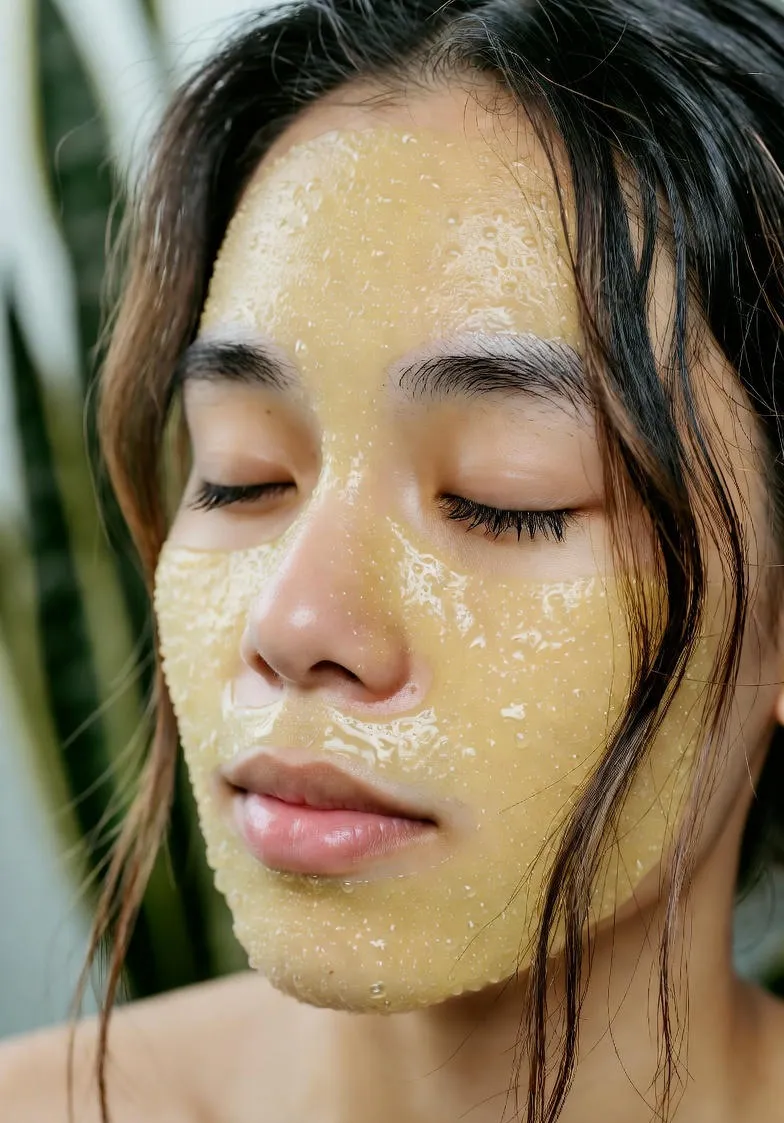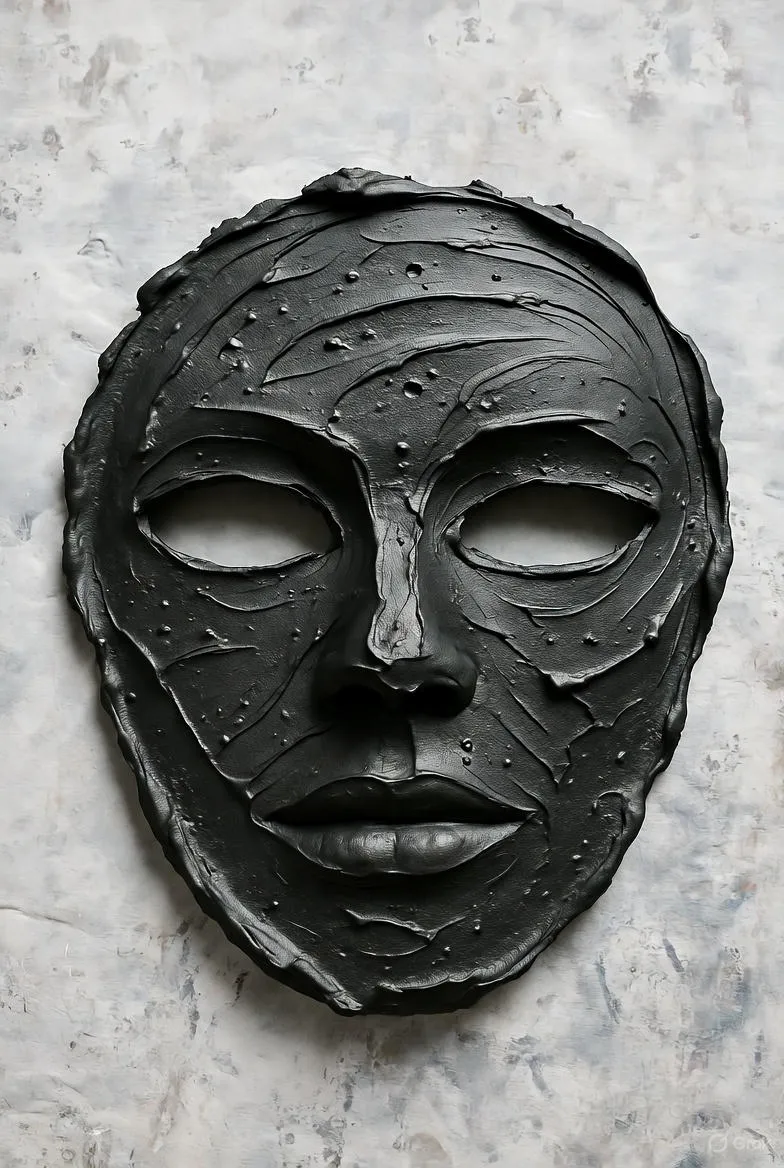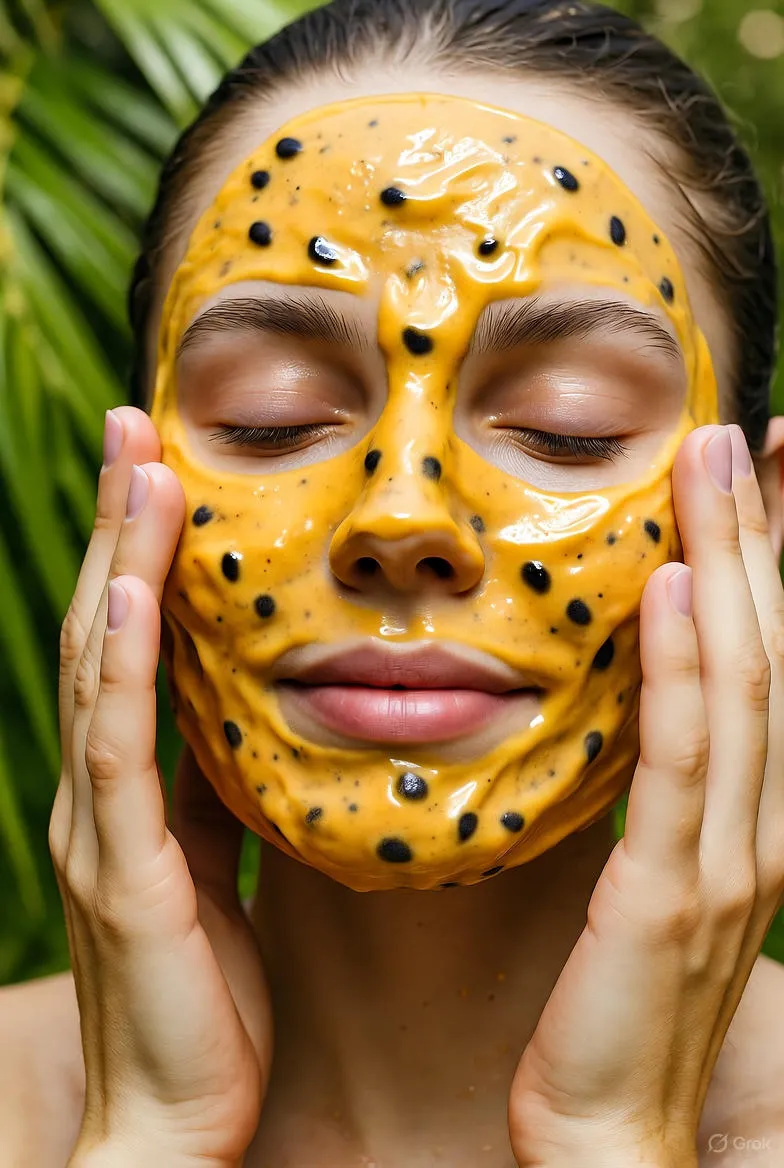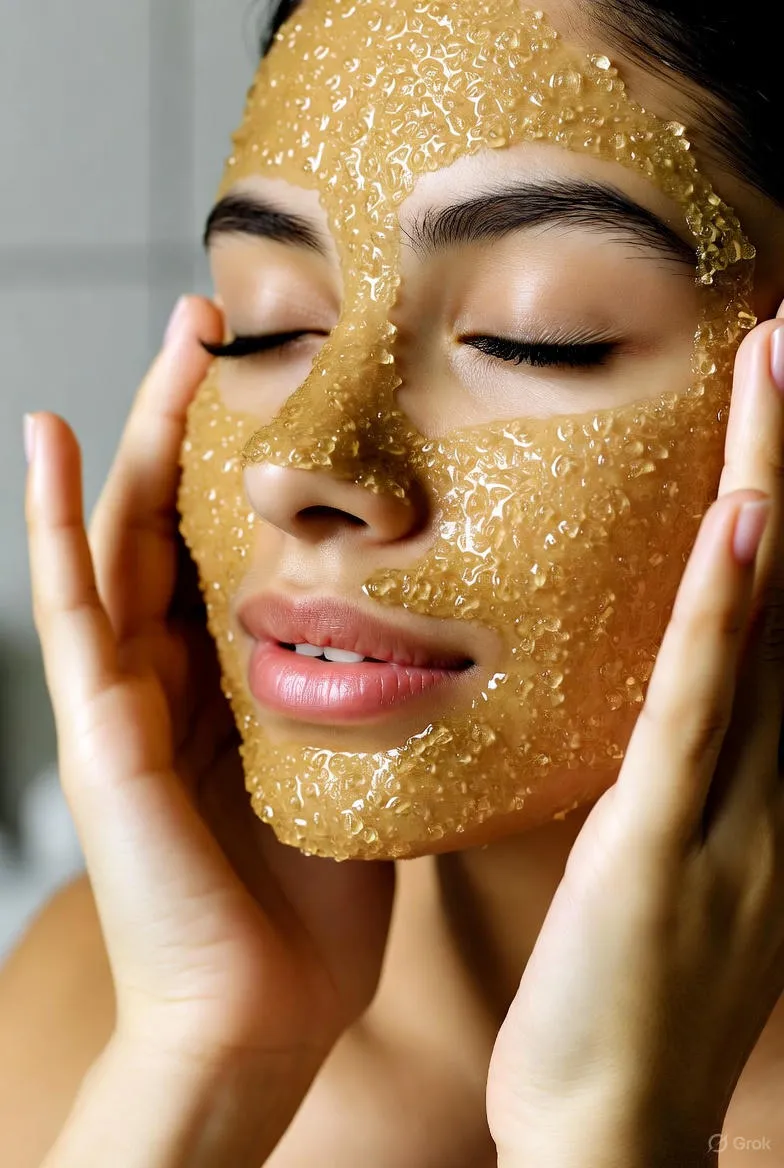Best Hydrating Face Masks for Dry Skin: Restore Moisture and Glow in 2025
Discover the best hydrating face masks for dry skin in 2025. From DIY recipes to top store-bought picks, learn key ingredients, application tips, and how to restore moisture for a plump, glowing complexion.

Understanding Dry Skin and the Power of Hydrating Face Masks
Dry skin can feel like a constant battle, leaving your face tight, flaky, and lacking that enviable glow. Whether it's due to harsh weather, over-washing, or simply your skin type, dehydration disrupts the skin's natural barrier, making it more prone to irritation and premature aging. Enter hydrating face masks: these skincare heroes deliver an intense burst of moisture, locking it in to plump up your complexion and restore balance. Unlike everyday moisturizers, face masks provide a concentrated treatment, allowing active ingredients to penetrate deeply in a short time.
Imagine slipping into a spa-like ritual at home, where a single application transforms parched skin into something soft and supple. Hydrating masks work by drawing water into the skin cells and preventing evaporation, often using humectants like hyaluronic acid or emollients such as shea butter. Regular use—think once or twice a week—can significantly improve texture, reduce fine lines, and enhance overall radiance. If you're tired of dull, uncomfortable skin, this guide will walk you through everything you need to know about incorporating hydrating face masks into your routine.
Why Your Dry Skin Needs Hydration Boosts
The skin's outermost layer, the stratum corneum, relies on a delicate balance of lipids, water, and proteins to stay healthy. When this balance tips toward dryness, it can lead to issues like itchiness, redness, and even eczema flare-ups. Environmental factors such as low humidity, cold winds, or excessive sun exposure exacerbate the problem, stripping away natural oils.
Hydrating face masks address these concerns head-on. They not only replenish lost moisture but also strengthen the skin barrier, making it more resilient against daily aggressors. Studies from dermatological journals highlight how consistent hydration can improve skin elasticity by up to 20% in just four weeks. Plus, for those with sensitive dry skin, these masks often soothe inflammation, offering a gentle alternative to harsher exfoliants.
- Immediate Relief: Feel the difference in minutes as skin drinks in the hydration.
- Long-Term Benefits: Build a stronger moisture barrier over time.
- Versatility: Suitable for all ages and skin tones, with options for vegan or fragrance-free formulas.
Key Ingredients in Hydrating Face Masks
Choosing the right mask starts with understanding powerhouse ingredients. Look for formulations packed with humectants, which attract water, and occlusives, which seal it in. Here's a breakdown of must-haves:
Hyaluronic Acid: The Moisture Magnet
This naturally occurring molecule can hold up to 1,000 times its weight in water, making it a superstar for dry skin. In face masks, it plumps fine lines and creates a dewy finish. Opt for low-molecular-weight versions for deeper penetration.
Aloe Vera: Soothing and Hydrating
Known for its cooling properties, aloe vera gel hydrates without greasiness while calming redness. It's ideal for irritated dry skin, often combined with vitamins for added nourishment.
Honey: Nature's Humectant
Raw honey draws moisture into the skin and boasts antibacterial benefits, perfect for preventing breakouts amid dryness. Manuka honey varieties offer extra potency.
Glycerin and Shea Butter: Barrier Builders
Glycerin pulls hydration from the air, while shea butter's fatty acids mimic skin's natural lipids, locking in moisture for hours. These are staples in cream-based masks for overnight use.
Avoid masks with alcohol or sulfates, as they can strip moisture further. Instead, seek out clean beauty brands that prioritize these gentle, effective components.
Types of Hydrating Face Masks for Dry Skin
Not all masks are created equal—each type offers unique delivery methods for hydration. Explore these to find your perfect match:
Sheet Masks: Quick and Convenient
These pre-soaked fabric or hydrogel sheets are infused with serums, molding to your face for 10-20 minutes of pure bliss. They're mess-free and great for on-the-go hydration, leaving skin saturated without residue.
Cream Masks: Rich and Restorative
Thick, buttery creams are slathered on and rinsed off after 15 minutes, providing deep emollient action. Ideal for severely dry skin, they often include oils like argan or jojoba for lasting softness.
Gel Masks: Lightweight Layers
For those who prefer non-greasy feels, gel masks absorb quickly, delivering hyaluronic acid and cucumber extracts. They're refreshing in summer and layer well under makeup.
Overnight Masks: Sleep in Moisture
These leave-on treatments act as a sleeping pack, working while you rest. With ceramides and peptides, they repair overnight, waking you to baby-soft skin.
Whichever type you choose, patch-test new products to ensure compatibility with your skin.
DIY Hydrating Face Mask Recipes for Dry Skin
Why not get hands-on with kitchen staples? DIY masks are cost-effective, customizable, and free from preservatives. Here are three easy recipes, each taking under 10 minutes to prep:
- Avocado and Honey Mask: Mash half a ripe avocado with one tablespoon of honey and a splash of olive oil. Apply for 15 minutes, then rinse. The avocado's healthy fats deeply nourish, while honey hydrates.
- Yogurt and Oatmeal Soother: Mix plain Greek yogurt with ground oats and a teaspoon of aloe vera gel. This combo exfoliates gently and locks in moisture, perfect post-shower.
- Banana and Almond Milk Blend: Puree a banana with almond milk for a vitamin-rich mask. Bananas provide potassium for barrier support, and the milk adds lactic acid for subtle brightening.
Store any leftovers in the fridge for up to two days. These recipes use whole ingredients, ensuring fresh, potent hydration tailored to your needs.
How to Apply a Hydrating Face Mask Effectively
Application matters as much as the mask itself. Follow these steps for maximum absorption:
Start with a clean, dry face—double cleanse if wearing makeup. Gently pat dry, then apply the mask evenly, avoiding the eye area. Relax for the recommended time; use this as meditation with dim lights and soft music. Rinse with lukewarm water (never hot, to preserve oils), and follow with a lightweight serum and moisturizer to seal everything in.
For sheet masks, press gently to ensure full contact, and pat in excess serum afterward. Overnight versions? Just apply a thin layer before bed. Pro tip: Use masks after exfoliation for better penetration, but not on active breakouts.
Top Store-Bought Hydrating Face Masks to Try
While DIY shines, ready-made options save time with clinically tested formulas. Here are standout picks for dry skin:
- Laneige Water Sleeping Mask: A cult favorite overnight gel with hyaluronic acid and antioxidants; wakes skin to a hydrated glow.
- Drunk Elephant B-Hydra Intensive Hydration Mask: Packed with provitamin B5 and pineapple extract, it soothes and plumps without irritation.
- The Ordinary Hyaluronic Acid Mask: Budget-friendly sheet mask duo that delivers multi-level hydration for under $10.
- Kiehl's Ultra Facial Overnight Hydrating Mask: Squalane-infused cream for 24-hour moisture, suitable for sensitive types.
- Origins Drink Up Intensive Overnight Mask: Avocado and honey blend that feels luxurious and works wonders on flakiness.
Read reviews for your skin concerns—many are available at drugstores or online for easy access.
Complementary Tips for Managing Dry Skin
Masks are powerful, but pair them with holistic habits for sustained results. Drink at least eight glasses of water daily to hydrate from within. Incorporate a humidifier in dry rooms, especially during winter. Choose gentle, fragrance-free cleansers and avoid hot showers that sap oils.
Layer wisely: serum, then moisturizer, then oil for the ultimate barrier. Weekly masks fit seamlessly into routines—mornings for a refresh or evenings for recovery. Track progress with photos; you'll notice smoother texture and fewer dry patches in weeks.
For stubborn dryness, consult a dermatologist. They might recommend prescription creams alongside masks for targeted relief.
Potential Pitfalls and How to Avoid Them
Even hydrating masks can backfire if misused. Over-application leads to clogged pores, so stick to 1-2 times weekly. If you have allergies, check labels—nuts in shea or pollen in honey could trigger reactions.
Don't forget sunscreen; hydrated skin is more sun-sensitive. And remember, hydration isn't one-size-fits-all—adjust based on seasons, with richer masks in winter.
Embracing Hydrated, Healthy Skin Year-Round
Hydrating face masks are more than a trend; they're a lifeline for dry skin sufferers. By selecting the right ingredients, types, and routines, you can reclaim comfort and confidence. Whether whipping up a DIY delight or unwrapping a premium sheet, the ritual itself nurtures your well-being.
Commit to consistency, and watch your skin transform—vibrant, resilient, and ready to face the world. Your glow-up starts now; what mask will you try first?


